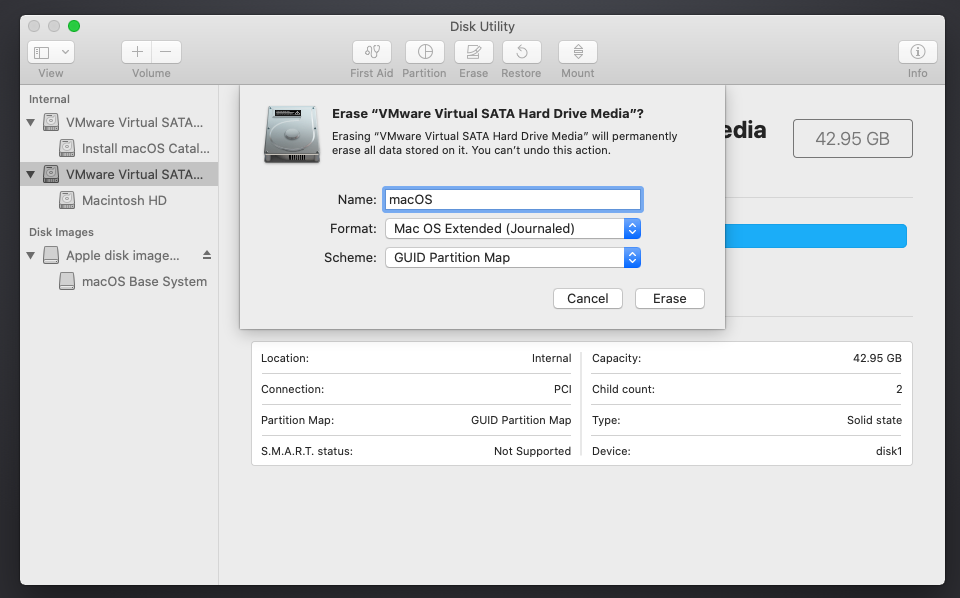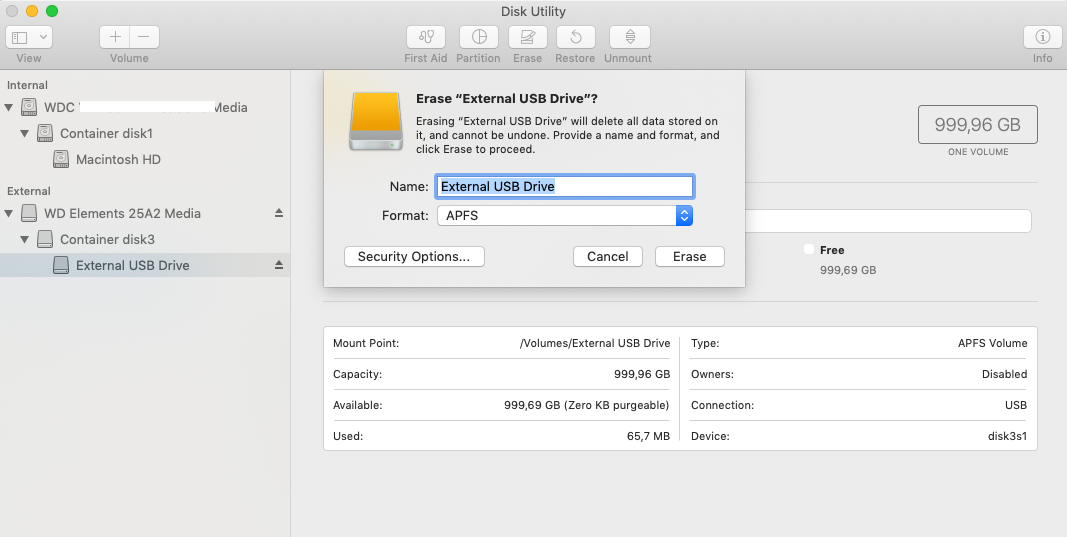
It’s not natively supported on many Linux distributions, but you can install exFAT support on Linux.įor external drives, it almost always makes sense to format in ExFAT, unless you’re using the drive for Time Machine. ExFAT is the ideal cross-platform file system. You should use this file system if you may share the drive with Windows PCs and other devices like the PlayStation 4 and Xbox One consoles.

OS X Extended (Case-sensitive, Journaled, Encrypted): This is the same as the standard OS X Extended (Case-senstiive) file system, but with encryption.You’ll have to enter a password, and you’ll need to provide that password whenever you connect your drive to your Mac. OS X Extended (Journaled, Encrypted): This is the same as the standard OS X Extended file system, but with encryption.This option exists because it matches the traditional behavior of UNIX and some people might need it–don’t select this unless you know you need it for some reason. By default, Mac OS X doesn’t use a case-sensitive file system. OS X Extended (Case-sensitive, Journaled): On a case-sensitive file system, “file” is different from “File”.This file system is necessary if you plan on using the drive for Time Machine backups–otherwise, you’ll want to use exFAT for maximum compatibility. OS X Extended (Journaled): This is the default, but it’s only natively supported on Macs.You’ll need to choose between several file systems:


You’ll be asked to provide a name for the disk, which will appear and identify the disk when you connect it to a Mac, PC, or another device.


 0 kommentar(er)
0 kommentar(er)
